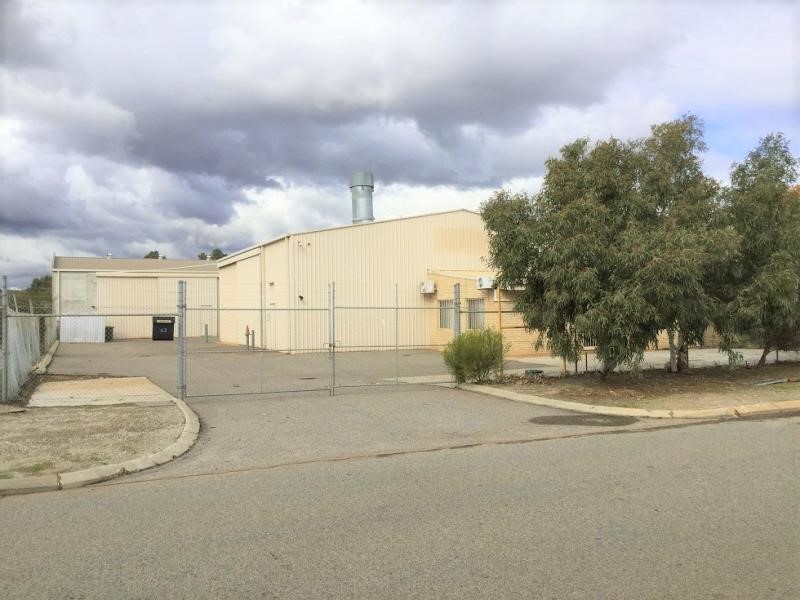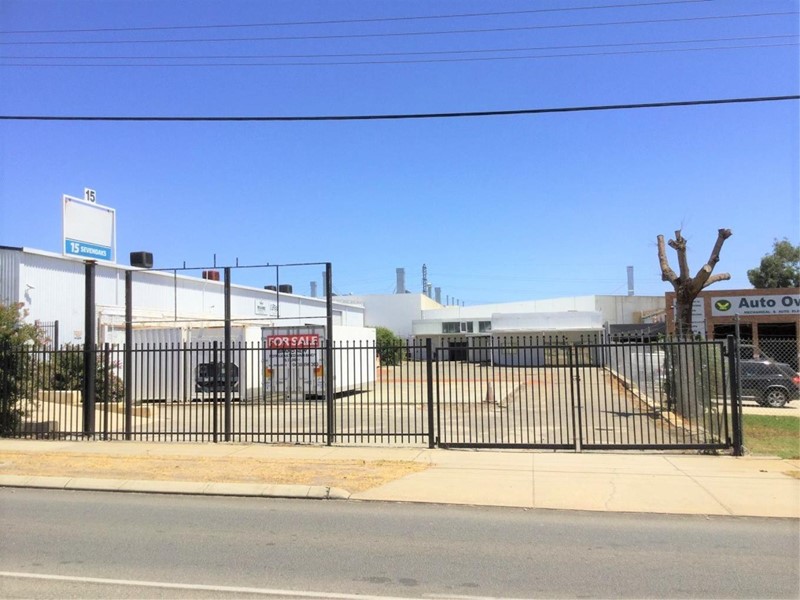Perth’s 2020 Commercial Property Report: Warehouse
What has the Perth commercial property market has done in the 12 month period and what you might expect for warehouse sales for 2020.

Many people find comfortability when purchasing a residential property because they are likely to have bought a house or apartment before. Your experience helps guide your decision-making process because you know what to look out for.
Industrial real estate, however, can be a little trickier and you must consider some other variables to ensure your money is well spent and you’re likely to see a return on investment.
As the risks are generally higher with commercial property it’s worth doing your due diligence to help find the industrial property for sale that will be advantageous for your portfolio. Here’s our guide to buying industrial real estate in Perth.
Before assessing your different industrial real estate options, it’s worth investigating what Perth industrial area is right for your business. Industrial areas are normally situated close to transport and road links on the fringe of inner Perth for fast access to other areas of the state or freight hubs such as Perth Airport or Fremantle Port.
Perth has 4 distinct industrial quadrants which all offer different benefits dependant on if you’re looking to distribute or receive goods and which arterial roads are critical to the business you’re involved with.
They are:
Before settling on an area it’s important to also consider things such as:
All these elements can heavily influence your ability to generate higher rental yield and capital growth in future years.
In Perth, we see particularly good returns on the South East area due to its accessibility to the Perth airport, freight rail line and major freeways. For more information on Perth’s industrial areas and trying to choose the one right for you follow the link here.

Here’s a breakdown of some other key factors you need to consider before purchasing industrial real estate.
The building is likely going to be one of the first factors that draw you towards a property.
Ensure the building has a layout that is complimentary to your business or the types of businesses you want to attract. Many industrial properties have been created for a specific purpose so consider buildings that have increased versatility to accommodate multiple types of businesses.
You should also take the time to thoroughly inspect the property and make sure the building is compliant with health and safety regulations.
Whilst renovating a residential property can be relatively cheap because you’re working with smaller spaces the same can’t be said for an industrial building.
Money that you have to sink into preparing a property ready for a tenant or yourself before moving into can detract from your overall bottom-line becoming a very costly venture.
The lease and the tenant are crucial parts of purchasing industrial real estate.
In a best-case scenario, your property will come with a tenant which means you don’t have to worry about finding one after settlement.
High-quality tenants will have sound rental history and will be unlikely to default on rental payments. The most sought-after tenants are considered to be ‘blue-chip’ tenants’ likely government or large corporate bodies who will rent your premises for a long period with superior financial resources at their disposal.
If you’re considering purchasing a property that doesn’t come with a tenant, make sure the location and building condition are complimentary to finding a tenant quickly. The longer the property sits idle the longer it will be before you begin to experience a return on investment.
Leases for industrial properties are generally longer than residential properties and it is not uncommon to have leases that are five-year periods with the option to renew for another five years following that.
Commercial leases can be very lengthy in comparison to residential leases so it’s important to digest every detail carefully and if there are parts you’re unsure of consult a legal professional to clarify.

Asset fundamentals are the additional benefits of an industrial property besides tenancy and the building condition.
This might include anything from:
The asset fundamentals of a property can often be the reason why a tenant is hesitant to move out of an industrial property and if you’re looking for a tenant it might be these factors that get them over the line.
One of the major advantages of owning an industrial property in Australia is that the tenant will usually pay for most of the outgoings including insurance, repairs, maintenance and council rates.
Unlike residential properties where these outgoings typically fall on the property owners, commercial property owners can retain a higher portion of the collected rent.
The terms and conditions regarding outgoing expenses vary from property to property. The best practice is to articulate this detail up front, so it’s understood and confirmed in the lease agreement.
If you’re looking for assistance with finding the perfect industrial property for sale in Perth contact the expert team at Ross Scarfone Real Estate today.
We can assist you with all aspects of commercial and industrial sales including leasing, property management, valuations, investment, development and specialise in property through the South Eastern Corridor of Perth.
"*" indicates required fields
What has the Perth commercial property market has done in the 12 month period and what you might expect for warehouse sales for 2020.
Commercial property in Perth continues to provide an attractive investment opportunity for those across the country. Our commercial property outlook takes industry data and advice to share predictions for 2024.
When it comes to choosing a commercial real estate agent, it is important that you do your research and find one who will be able to help you reach your business’ goals.